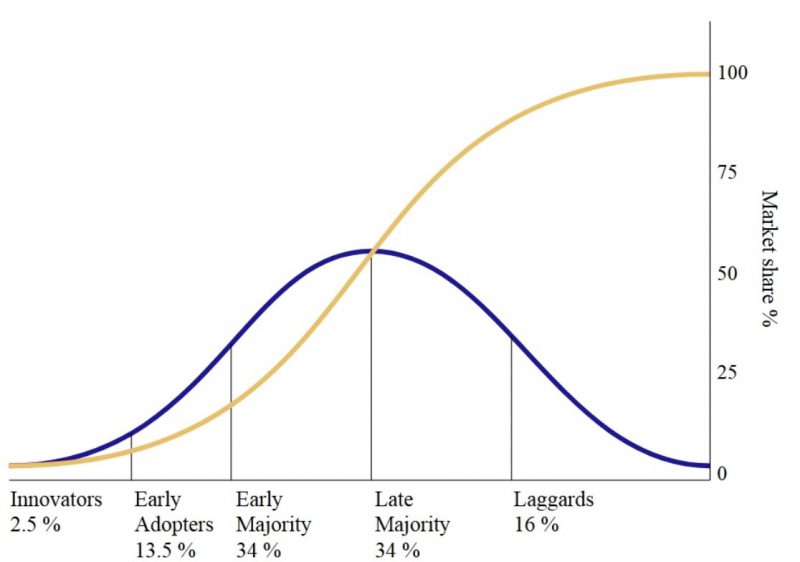Fleet owners could lead transition to EVs by focusing on total cost of ownership

Those businesses wanting to be seen as good corporate citizens are now committing to reducing their ‘carbon’ footprints – and a significant part of this for many is the emissions from their vehicle fleets.
However, just as the change from horse and carriage marked a major learning curve in the financing, running, maintenance and applications of the newfangled ‘horseless carriage’, so too is the EV offering new challenges and learning needs to fleet managers.
EVs have different characteristics, refuelling models and even potential new ownership options – all of which can prove a difficult experience for fleet managers used to a TCO (Total Cost of Ownership) model based on decades of previous ICE vehicle purchase/lease, maintenance and disposal experience.

Image: Wikipedia commons
In Europe, Groupe Renault have just introduced a ‘Mobility Consulting’ service to advise and guide businesses through the process of developing green EV fleets in place of environmentally damaging ICE based ones.
Or, as they put it: “Mobility Consulting by Renault facilitates and accelerates the transition of company fleets to lower-carbon mobility”.
Here in Australia, ARENA has just announced a program for reducing the costs of consultancy fees for fleet managers who want to develop electric vehicle procurement plans that include economic and environmental assessments and charging infrastructure.
At least until EV adoption levels here reach those in the more developed EV markets, where the benefits (and potential sales figures) of fleet EV adoption make it worthwhile for the manufacturers to offer such services as Renault’s Mobility Consulting downunder.

Bryce Gaton is an expert on electric vehicles and contributor for The Driven and Renew Economy.
He has been working in the EV sector for 10 years, and also is editor
of the Australian Electric Vehicle Association newsletter.
No comments:
Post a Comment